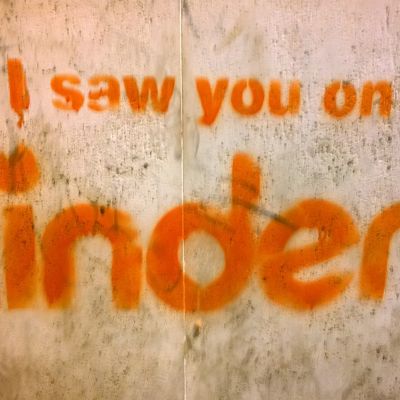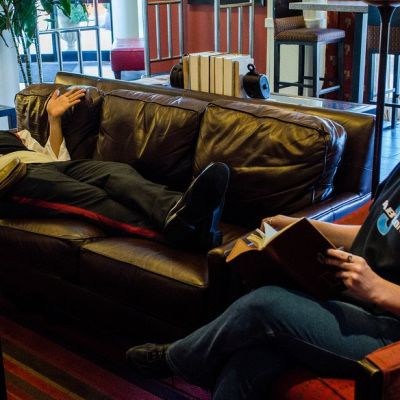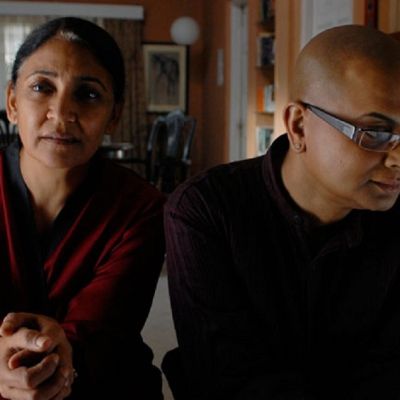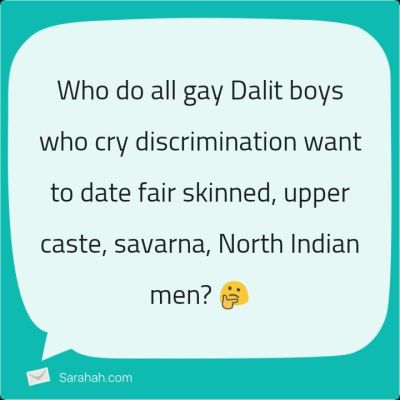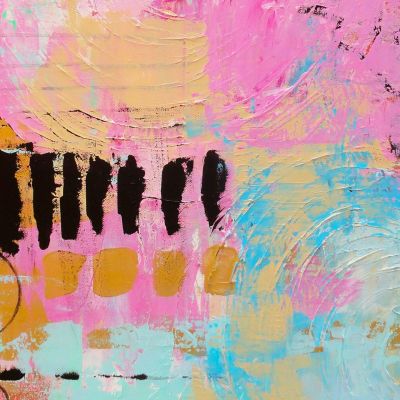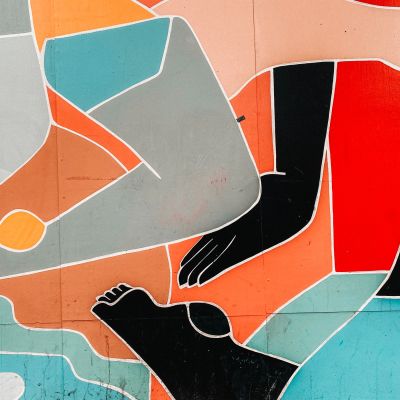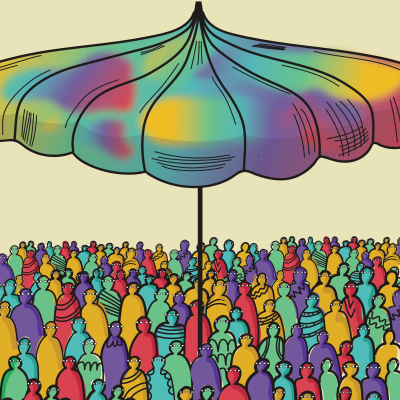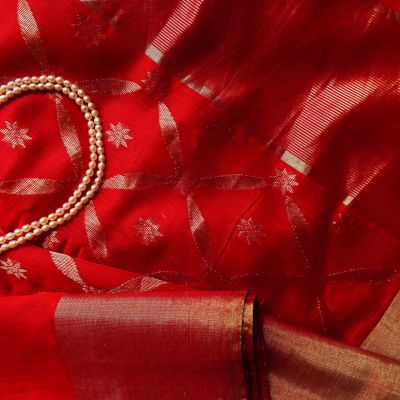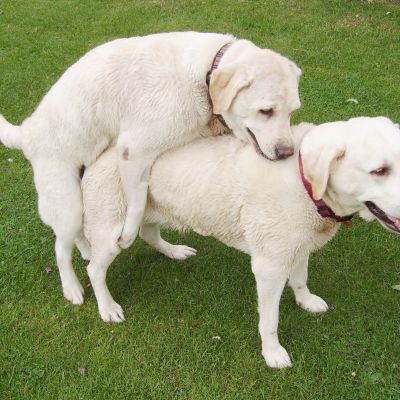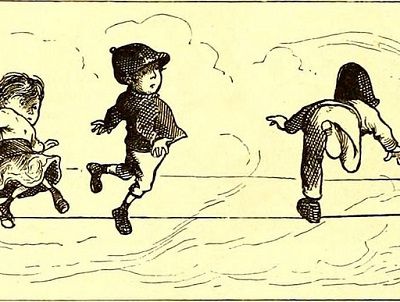Queer
Online dating websites and apps are one of those technological innovations that people did not think would ever do well….
I have always loved the Internet. Its potential to provide information and connect people has always amazed and enthralled me. Hence, I decided to look at how queer women in India, lesbian and bisexual women in particular, use the Internet to meet other queer women. I looked at three dating sites in particular, PinkSofa, OKCupid and Mingle2, apart from the usual social media sites.
Have you ever heard the old adage, “You have to love yourself before anybody else can love you”? Well, I grew up interpreting this in the absolutely most terrible way possible.
As a queer-feminist mental health practitioner, my way to understand realities is to examine the power relations that exist in our social locations, identities and structures.
Representation is a tricky thing, especially when it comes to portraying minorities. It is easy to stereotype and feed into the popular image of minorities. Gay men as fashion designers or hairstylists desperate to be friends with straight women are a rather common trope. It makes gay men visible but on heterosexual terms. It takes away any individuality from the gay man; he merely survives to seek affirmation from the straight people in his life.
Of course, I knew I wasn’t the only person in the world writing about Sherlock Holmes. I, however, thought I was the only one in the world writing about them like that. You know.
Romantically.
Of course, I knew I wasn’t the only person in the world writing about Sherlock Holmes. I, however, thought I was the only one in the world writing about them like that. You know.
Romantically.
I read The Failed Radical Possibilities of Queerness in India more than a year ago and it still makes me…
In this issue of In Plainspeak our contributors reflect on and reveal the myriad facets of being single – is it a choice? A condition? A state of being? Lonely? Joyful? Not one or the other, but a glorious mix?
Sexuality and the workplace are closely related, and a safe and healthy working environment is a fundamental human right.
If we are to reimagine coupledom and sexuality, we need to expand and challenge our ideas about togetherness, romance, love, intimacy, desire, sex, attachment, and so on.
Queering is not about being queer but about doing queer – about going beyond binaries of gender and sexuality, questioning accepted perspectives, and challenging and upending normative ways of being in the world.
Drag is more than a form of entertainment or art form or a form of comedic release, it’s the realization of the fun of being queer or having a queer perspective.
“Vanna-cum?” – This was a Tamil-English booty call SMS I once received from a friend with benefits (reproduced here with…
Why are boys afraid to cry? Why don’t people associate boxers with women? Because ‘boys don’t cry’, and fighting ‘like…

